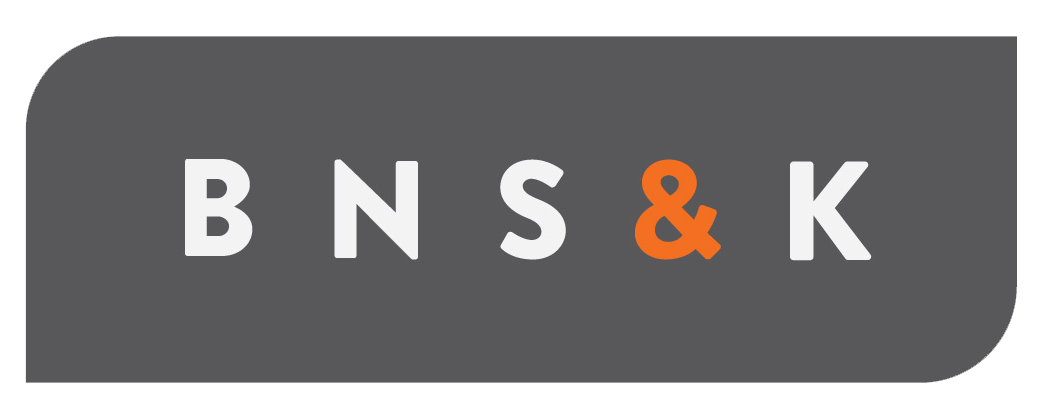The Guide to Executive Compensation Clawback Provisions for In-House Lawyers
A clawback provision, clause, or agreement is often included in a financial contract and outlines how money previously paid to an employee must be returned to the employer, based on certain factors and situations. Here’s a quick overview, and when to consider pursuing litigation.
What is a clawback provision, clause, or agreement?
Clawback provisions are clauses that specify a set of factors or situations in which money already paid must be returned. Frequently, these clawback provisions are included in employment contracts. For example, say an executive was paid a performance bonus of $100,000 by Company A, but it was later discovered the performance bonus was calculated incorrectly, then the employee may be required to return portions of that money.
We see most litigation surrounding clawback provisions relating to stock grants, stock plans, and stock options. Due to the nature of stock options, IPOs, and company valuations, the clawback provisions can sometimes result in returning millions of dollars to the employer. At these levels of income, it’s easy to understand why an employee may refuse to return money, and why parties may pursue litigation.
What is a clawback policy?
A clawback policy generally refers to a standardized clawback provision or clause that is included in most employee employment contracts. The policy may vary based on the employee’s role: Executive, Manager, Contributor, etc.
Clawback Agreement Example
One of the largest clawback settlements in history dates back to 2017, when two Wells Fargo executives were required to pay back upwards of $120 million when it was discovered the bank had opened millions of accounts without customer approvals.
We see the most litigation surrounding clawback agreements in regards to employee stock plans, grants, and options. For example, a senior executive may have been awarded $1 million dollars in stock, based on company performance. Then years later, it may be discovered that the company performance calculations were inaccurate or fraudulent. If the company asks for some of the $1 million to be returned, the employee may pursue litigation to protect their assets.
How should in-house lawyers use clawback provisions in employment contracts?
Generally, adding a clawback provision into employment contracts is straightforward. However, we see complications arise when updating past employment contracts and stock plans to meet new clawback policies.
Here are the steps we pursue when helping clients update their employment contract policies:
- We understand why the company wants a clawback, and what it wants to accomplish.
- We analyze existing agreements and policies in place to determine if and how they fall short of the company’s goals.
- We use our expertise in the law to draft and edit clawback provisions that protect the company and stay well within the law.
What is a clawback in a shareholder agreement?
Clawbacks are common to stock options, restricted share units (RSUs), and other stock plans or grants. Often, companies may claim repurchase rights for stock options or RSUs that have vested, but were subject to a clawback agreement.
We commonly see employees seeking litigation when they are surprised to discover the clawback clauses in their shareholder agreement allow the employer to repurchase stock options at a discount, leaving the employee with thousands or millions of dollars less equity than they assumed.
When should companies pursue clawback litigation?
Generally, we see companies pursuing clawback litigation relating to highly compensated executives. For example, if an executive was paid $10,000,000 for achieving a performance based bonus, and then it was later discovered that the executive had fraudulently represented performance numbers.
Clawback Provision Forms and Templates
It’s recommended that a company seek expert legal counsel when creating employment contracts that include a clawback provision. To view an example, here’s a template found on the SEC.gov website.
When do I need to pursue clawback litigation?
Contact a complex business litigation attorney the moment you suspect you may need to pursue clawback litigation. Generally, the phone call and consultation are free.
Do I need a complex business litigation attorney near me?
We recommend choosing a complex business litigation attorney who has experience in the industries involved, and the jurisdictions where the case will be tried. For example, if it’s an employment law case that will be tried in Los Angeles Superior Court, we recommend working with an employment law attorney who is familiar with LASC judges and proceedings.
HAVE QUESTIONS? CALL ANYTIME.
(310) 593-9890
About Brown Neri Smith & Khan, LLP
We are complex business litigation attorneys in Los Angeles. With backgrounds across complex law practice areas, and hailing from some of the world’s largest law firms, BNSK attorneys are experienced litigators successfully defending clients around the world. Our partners founded BNSK on the belief that successful client relationships are driven by our extensive experience, and our unmatched resolve to achieve successful results. For a free consultation, visit https://bnsklaw.com or call us at: (310) 593-9890
